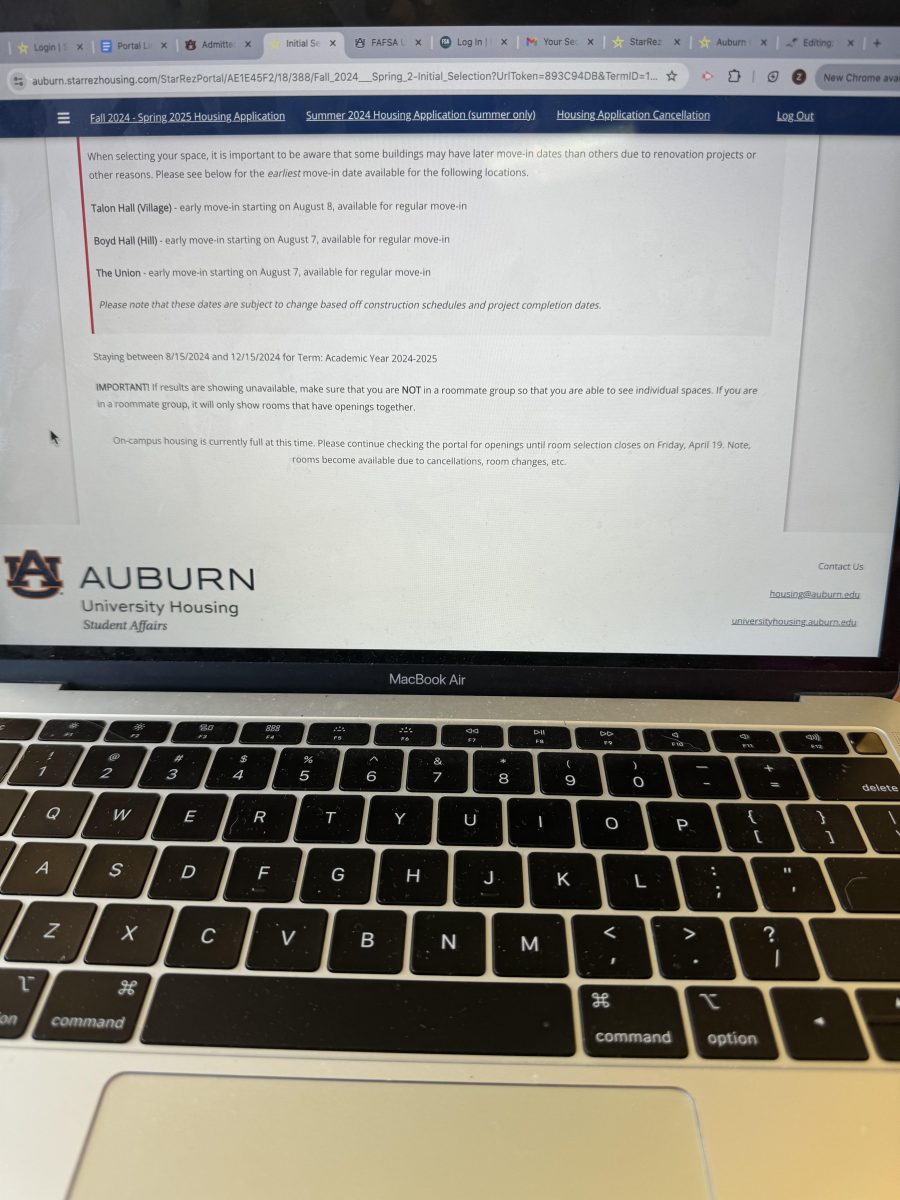- When the Arab Spring, a series of revolutions against dictatorship, riots and civil wars began in December 2010, they spread rapidly throughout the Middle East, beginning in Tunisia and eventually spreading to Syria in March 2011.
- While some of the authoritarian regimes toppled as a result of the civil revolts and protests (like Mubarak’s in Egypt and Ghadaffi’s in Libya) Syria’s dictator Bashar al-Assad held on to power and fought back against what was growing into an armed rebellion that called for the liberalization of Syria.
- The conflict between Assad and the rebels is ongoing, and is now in a bit of stalemate. The rebel forces control parts of the country and Assad controls others.
- But the conflict is more complex than just the fight of a dictator against those who want freedom. There are also tribal and religious tensions at the heart of the conflict.
- Assad is an Alawite Muslim, a sect including about 10 to 20 percent of Syria’s population that has historically been in conflict with Sunni Muslims who make up a majority of Syria’s population. The areas that the rebels control are mostly Sunni.
- The civil war in Syria has caused Sunnis in neighboring nations to flock to aid the rebels. One of these Sunni groups is Al-Qaeda in Iraq.
- This complicates things for the U.S. The U.S. has been providing humanitarian aid and weapons to the rebels, but is hesitant to get involved even indirectly, if it helps Al-Qaeda.
- Recently, evidence was discovered indicating that Assad’s forces used chemical weapons against rebels and civilians. By using chemical weapons, Assad violated the “red line” Obama previously warned them of.
- The responsibility to intervene in response to the use of chemical weapons fell to the U.S. as the U.N. is unable to take decisive military action. This is because Syria’s allies Russia and China will not approve any such resolution.
- After considering a limited air strike on Syria, with Congressional approval in doubt, Obama opted to accept Russia’s proposal to bring Syria’s chemical weapons under international control and pursue a more diplomatic route.
Article Sources: The Washington Post, Encyclopedia Britannica Online
Story continues below advertisement
0
0


![Since the collapse of the Baltimore Bridge in late March, federal law enforcement has began investigating what preceded the event. In a statement to CBS News, a spokesperson for the FBI said, [The] FBI is present aboard the cargo ship Dali conducting court authorized law enforcement activity. There is no other public information available and we will have no further comment. (Courtesy Isaac Smay via Flickr)](https://www.wjpitch.com/wp-content/uploads/2024/04/53619368036_399400003a_b.jpg)




